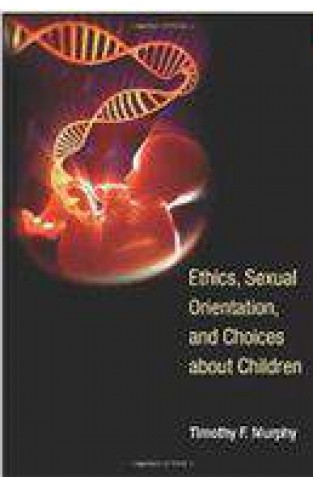Parents routinely turn to prenatal testing to screen for genetic or chromosomal disorders or to learn their child's sex. What if they could use similar prenatal interventions to learn (or change) their child's sexual orientation? Bioethicists have debated the moral implications of this still-hypothetical possibility for several decades. Some commentators fear that any scientific efforts to understand the origins of homosexuality could mean the end of gay and lesbian people, if parents shy away from having homosexual children. Others defend parents' rights to choose the traits of their children in general and see no reason to treat sexual orientation differently. In this book, Timothy Murphy traces the controversy over prenatal selection of sexual orientation, offering a critical review of the literature and presenting his own argument in favor of parents' reproductive liberty. Arguing against commentators who want to restrict the scientific study of sexual orientation or technologies that emerge from that study, Murphy proposes a defense of parents' right to choose. This, he argues, is the only view that helps protect children from hurtful family environments, that is consistent with the increasing powers of prenatal interventions, and that respects human futures as something other than accidents of the genetic lottery.



